Khabar Khair (Only Good News) – Fatma Rashad
For a better living life, UNDP and its partners from local and international organizations, with funding from the European Union and the Swedish Development Organization, provided financial grants to the owners of various small businesses, women and men, from the countryside of Abyan and Lahj governorates by holding the first exhibition of beneficiaries’ products within the Livelihood Enhancement Action Programme (LEAP).
More than 150 beneficiaries participate in the bazaar, and it was inaugurated by UNDP representatives in Yemen.
The United Nations Development Programme (UNDP) is the United Nations’ global development network, an organization that supports change and connects countries with knowledge, experience and resources to help people build a better life. It works in 177 countries and helps them develop their solutions to local and global development challenges.
“After the success of the first rural resilience experiment, today we are facing the second rural resilience, which targets businesses in the countryside and helps people earn a living after the damage that has occurred in the country, and the program is working to help them on the condition of cash for work”, said Rabab Sadiq Ghulam, the program’s coordinator and consultant.
And Ghulam continued her talk to “Khabar Khair” (Only Good News) website, saying: “And it is by involving the beneficiary in works that benefit his community. In Jaar, we worked to rehabilitate the vegetable market, and in Lahj we worked on paving roads and others. After participating in cash for work, we move to business administration and here the beneficiary learns how to manage projects and prepare plans, after which plans are evaluated and financial grants provided. Before this, the consultants go to the site to make sure that the business is opened and deal with the obstacles facing the beneficiary”.
“We are targeting small businesses, such as honey, sewing, cake-making, incense, solar energy, and projects that benefit the community”, Rabab Ghulam affirmed.
She said, “The bazaar that was held in Aden to display the beneficiaries’ products was wonderful and focused on encouraging the owners of these businesses by purchasing their products, and its aim was to help and train the beneficiaries and break the barrier of shyness through the marketing process, and through the marketing and delivery process with suppliers located in the cities and get to know them”.
Coal Factory
Khaled Faisal (from Abyan governorate and owner of a coal factory) tells us about his project and the extent to which it benefited from the financial grant that was presented to him, saying, “I already have a factory, but after I took the grant from the program, my business developed through buying an electric saw, as I used to rely on the ax. I also bought a means of transportation that helped me a lot in my work. As for the profit, it increased more than before, and my income reached 30 thousand per month, that is 30 US dollars”.
For her part, Shaima Ali (from Lahj governorate) is reviewing her project, which is a project for selling cosmetics, which has evolved from being a guidance at home to a project that generates abundant profit.
Shaima said, “The grant that was presented to me amounted to 250,000 Yemeni riyals, through which I was able to buy and market goods, and started from a small room in my house in the village in which I live”.
For his part, the consultant in the program in Abyan governorate, Ali Al-Saqqaf, said that the success of the bazaar is a success for the supporting and implementing agencies, first represented by UNDP, Care and Oxfam and secondly, it is the most important success for the beneficiaries of the business, whether from Lahj or from Abyan.
Some samples from various projects were shown, and everyone was happy with what the organizations provided to them, what they are today, what they accomplished of their businesses, and that they became entrepreneurs, and this program improved their level of income.
The organization and the local authority in the governorates of Lahj and Abyan, and the districts to which the countryside joins, targeted, according to certain criteria, a group of villages, and the displaced and the resident community were among the beneficiaries of this program, as the resident community was affected by the situation the country is going through, just like the displaced.”
Malak Choudary, from Tawasul Microfinance Program, had an impression of the bazaar, saying, “We came through the invitation of Oxfam to see the products of small business owners that really need support, and we, in our program, provide the necessary support for these businesses, and this bazaar was able to present businesses that, we can saym will one day be large with little income. We strongly support these businesses because they generate income for needy families”.
Mobile Accessories
From the stand of mobile accessories, Ramzi Muhammed (from Lahij governorate) made his way to enter the world of commerce. Ramzi, who benefited from the financial grant estimated at 350 thousand Yemeni riyals, was able to buy original mobile accessories after trying to focus on what the buyer wants when buying mobile accessories.
In the future, Ramzi hopes that his stand will turn into a commercial store, and he calls on the entities that support youth businesses to provide more support than what was provided to him in the second phase of the Rural Resilience Programme.
Zainab Ali (a visitor to the bazaar) says, “The bazaar attracted me with all its contents, and I liked that each participant did his best to display his merchandise in the best way, so they made these wonderful products out of a small grant”.
Diversity of Products and Businesses
The small grant provided to Salama (owner of the cake project), Ahlam (owner of a sewing factory), Noah and Saleh who entered the market by selling solar panels and electrical tools, Ali Malik (beekeeper), Khaled (specialist in herbal medicinal mixtures) and Fatima (incense and perfume maker). It made all of these and others wait for more support from donor organizations.
This bazaar is the beginning of another impulse to come, which will be the third steadfastness of the livelihoods program implemented by UNDP and its partners to support these projects, fight poverty, and take the hand of these young entrepreneurs that advance the countryside and its people.

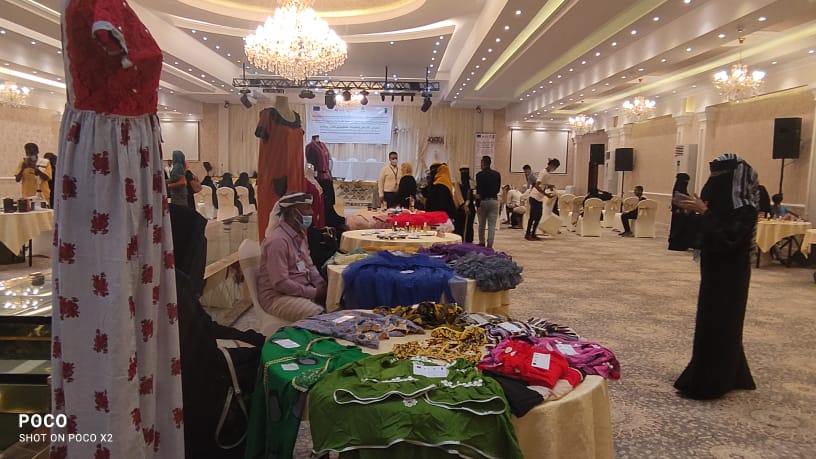
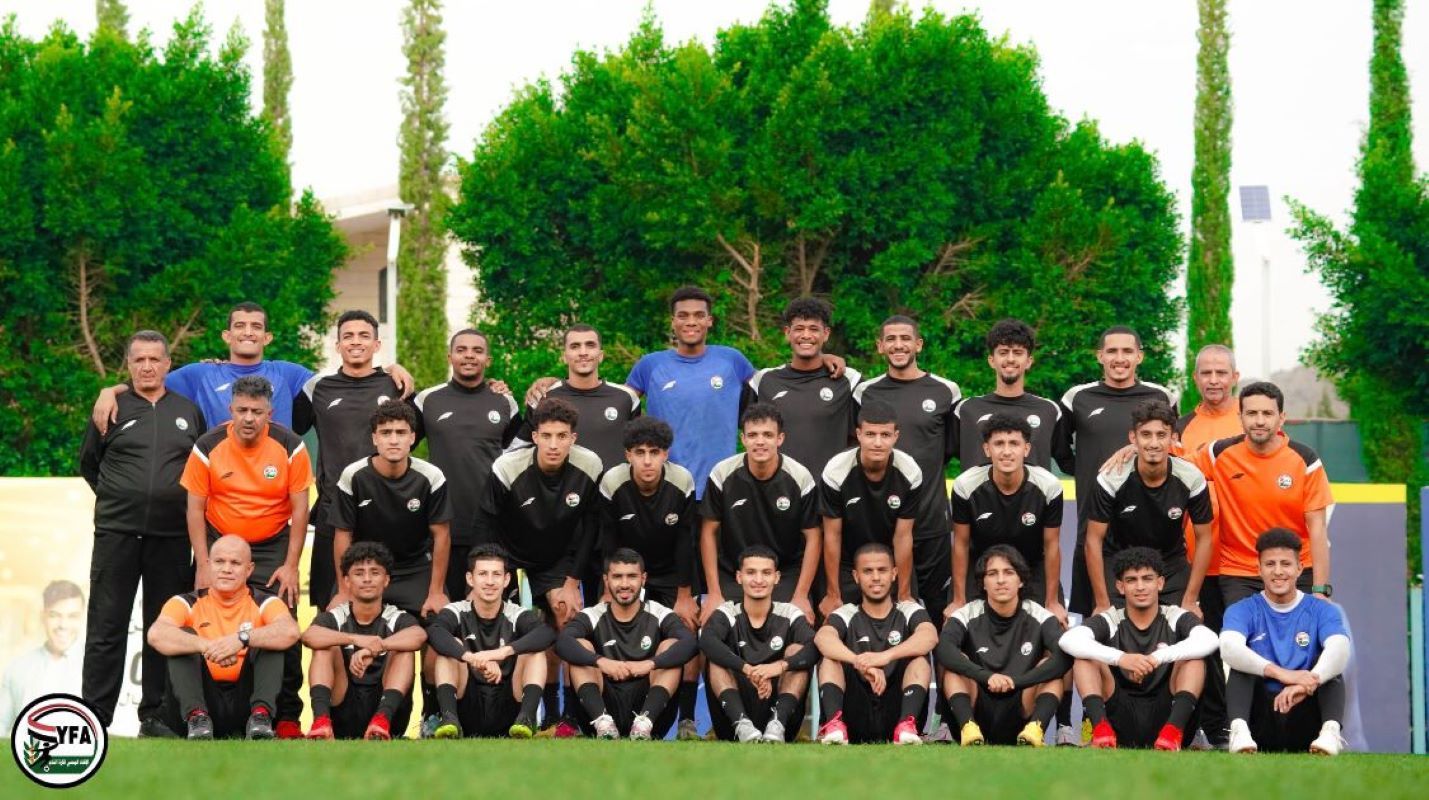
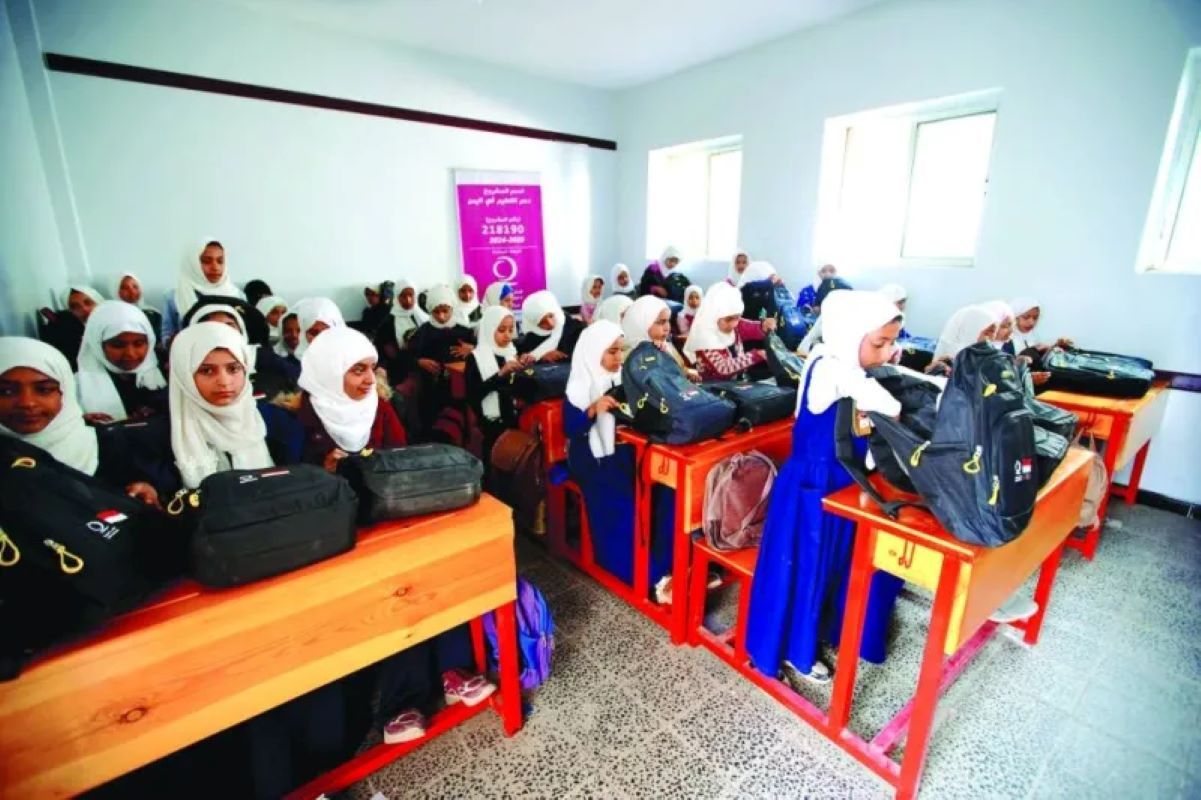
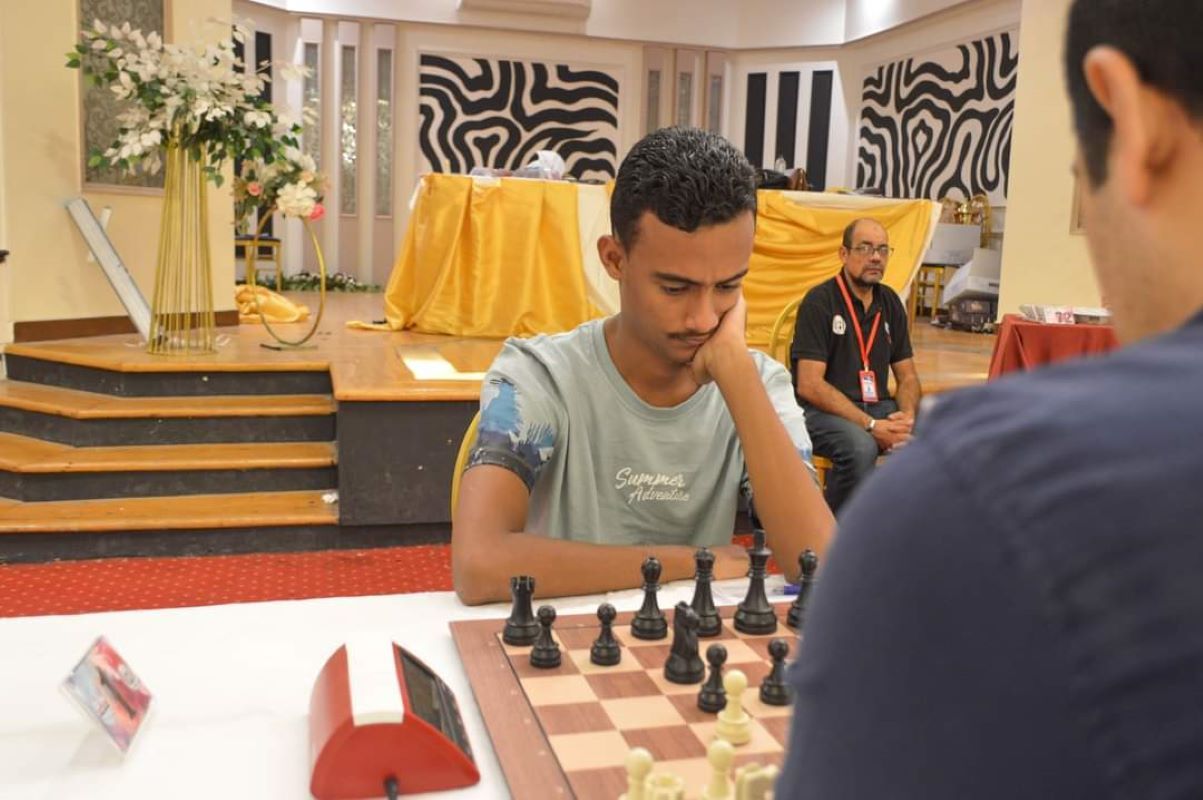
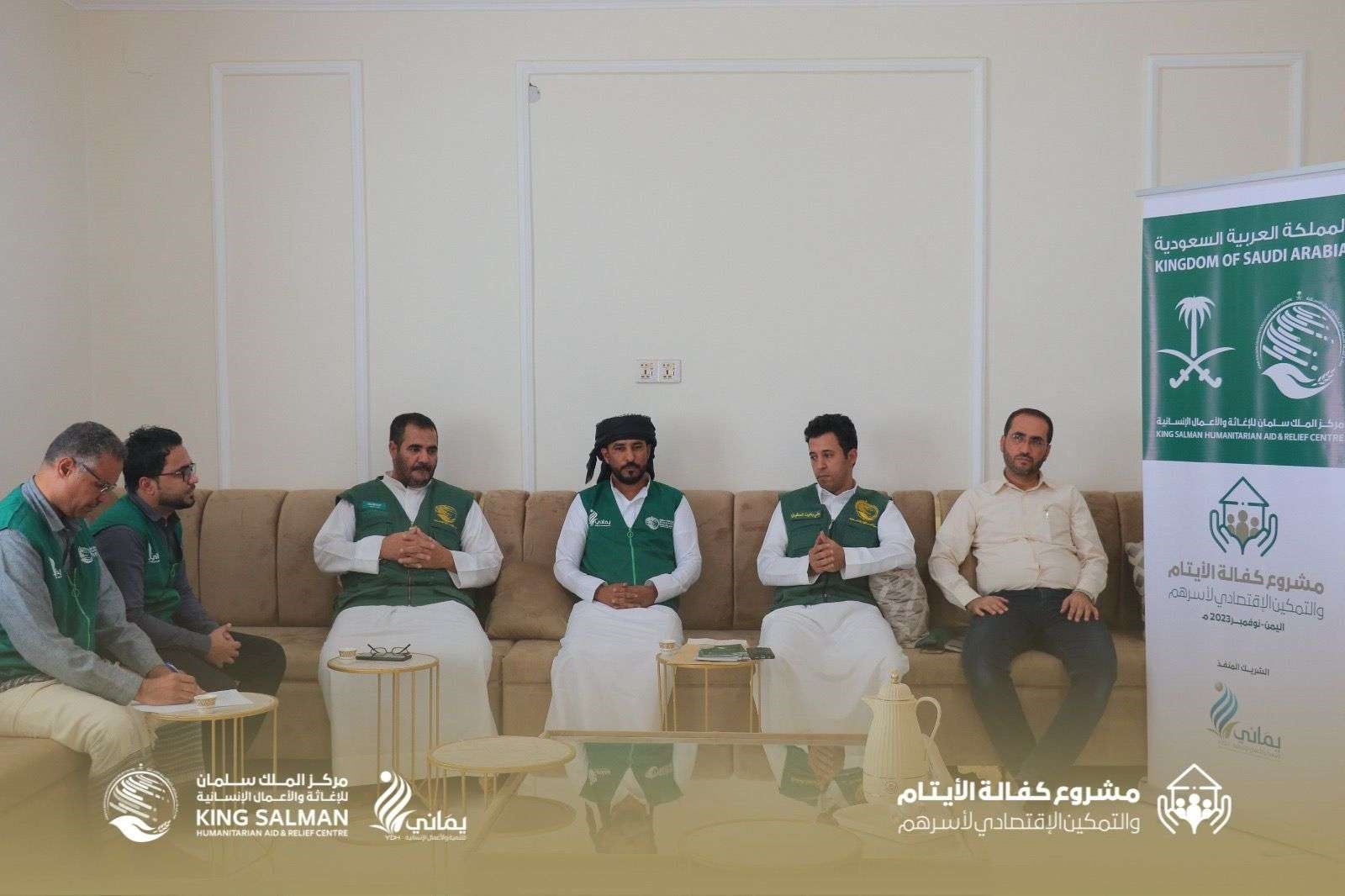
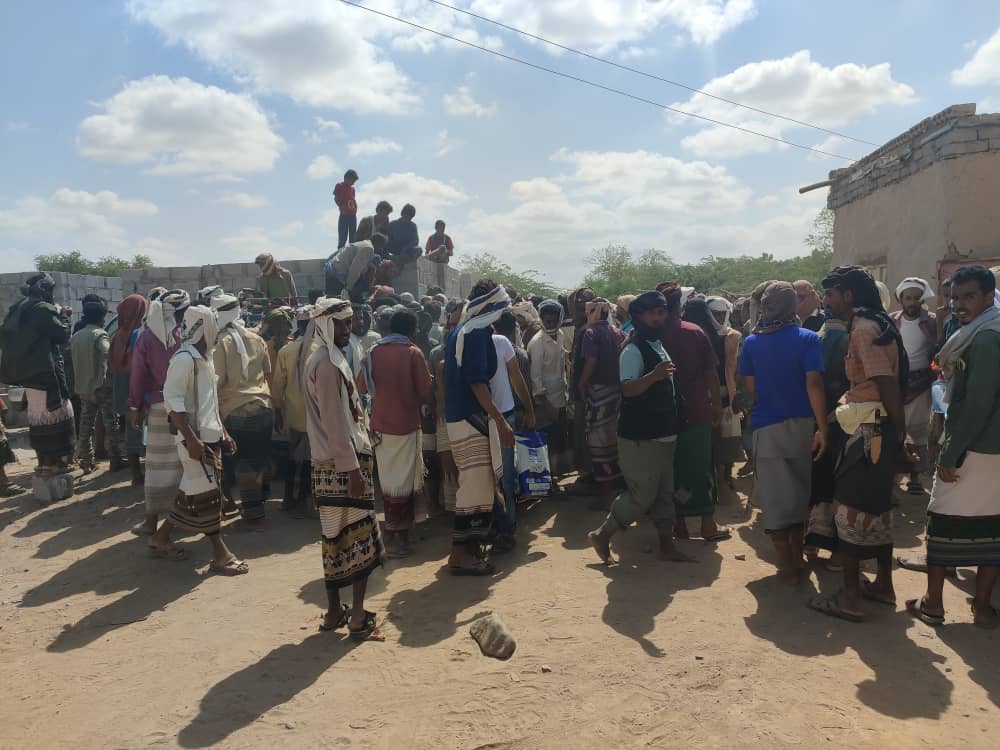
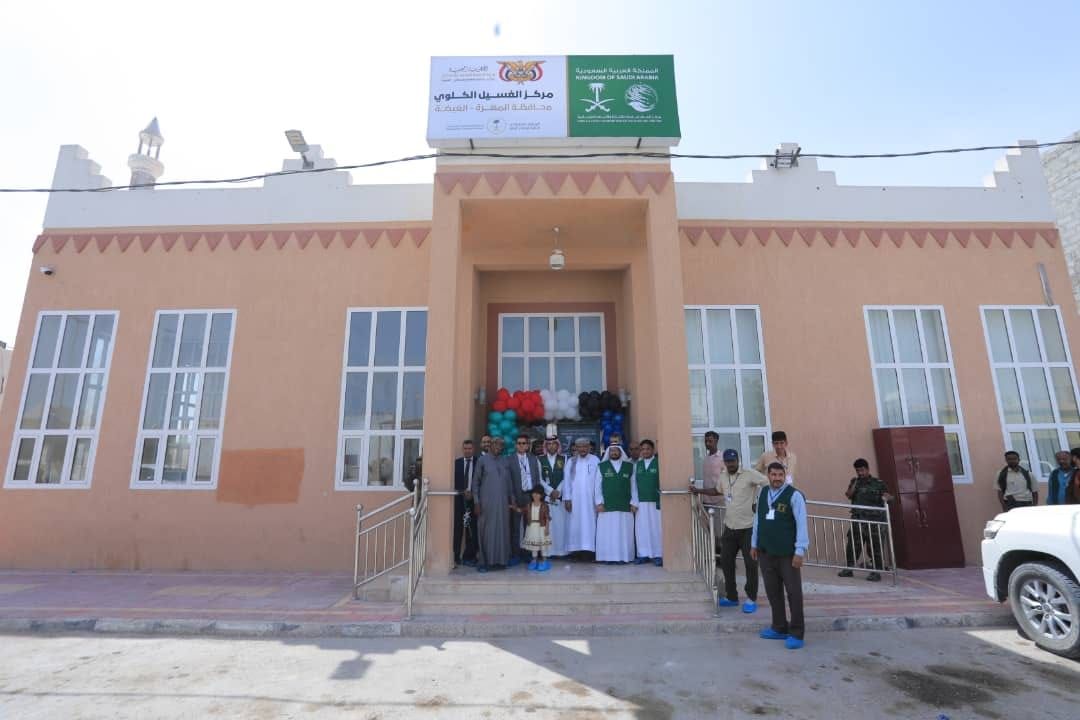

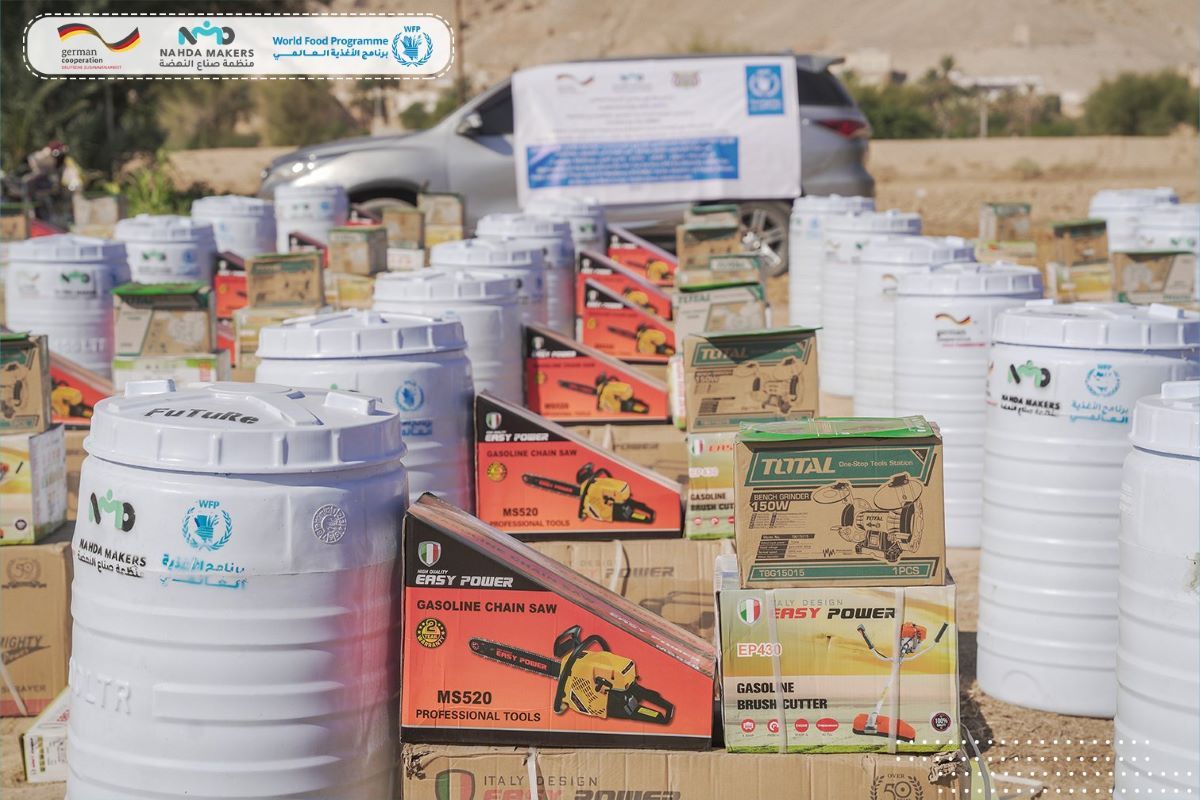
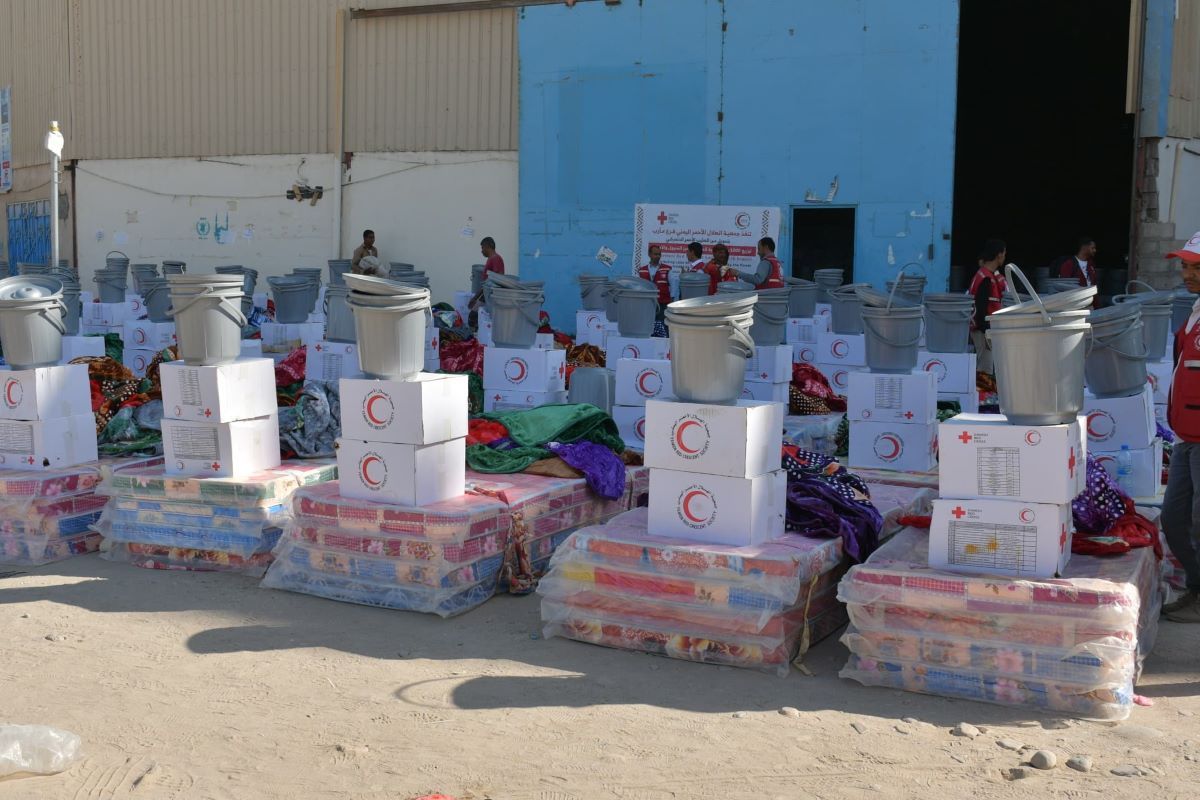
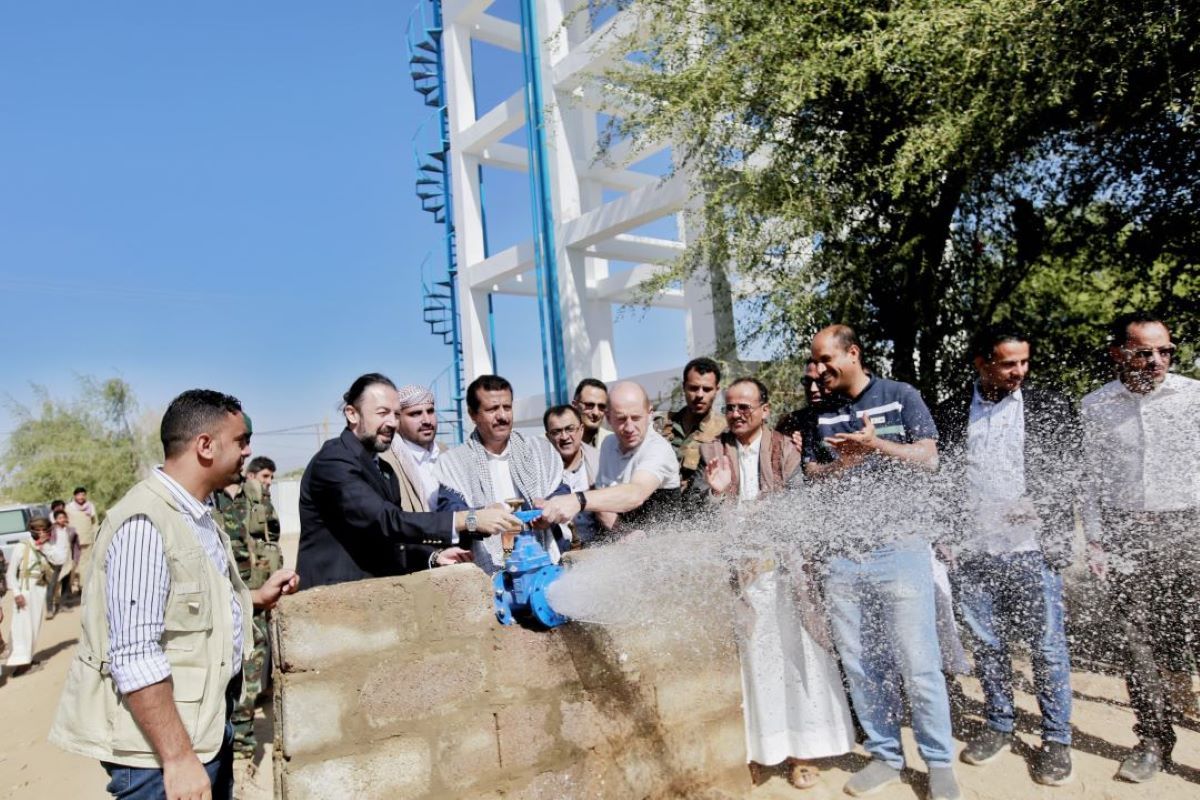
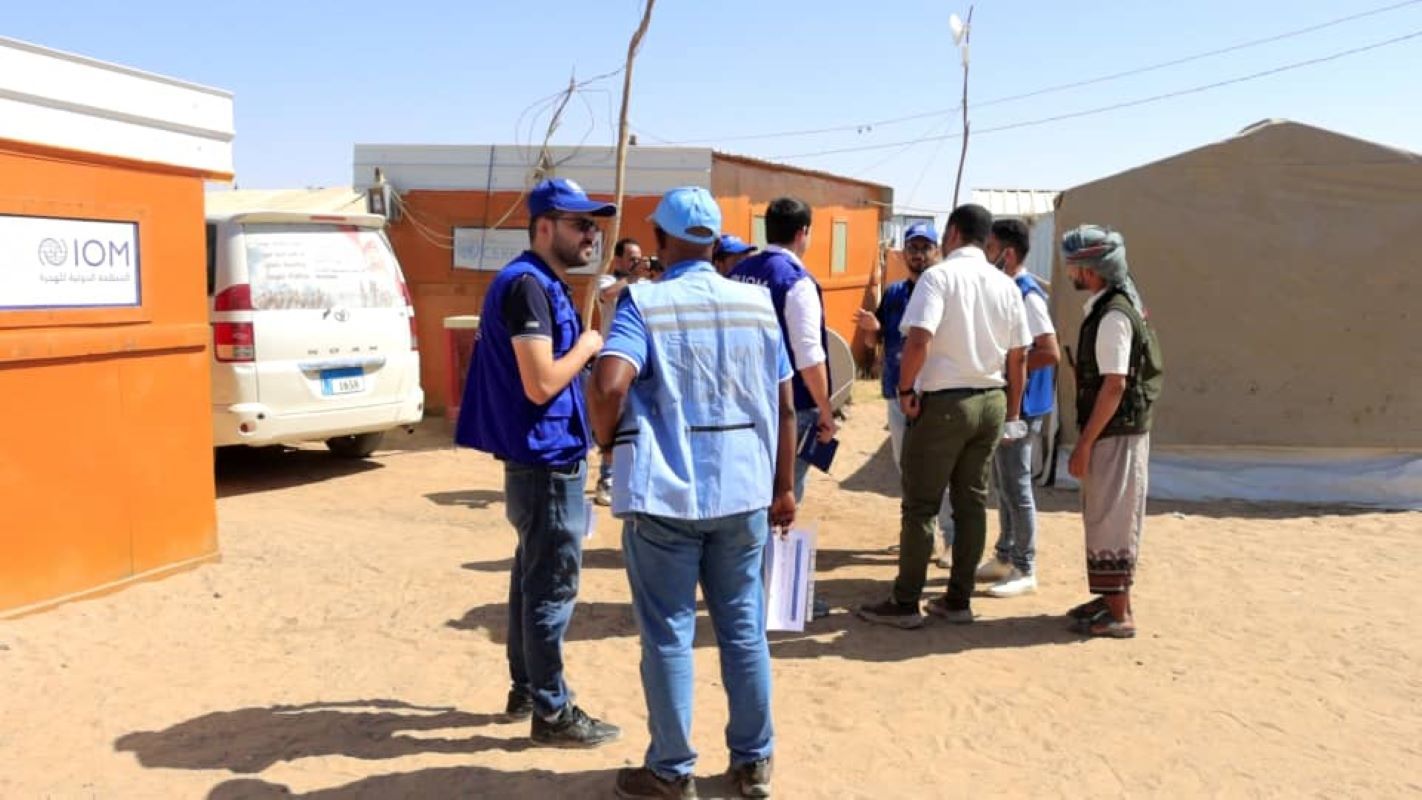
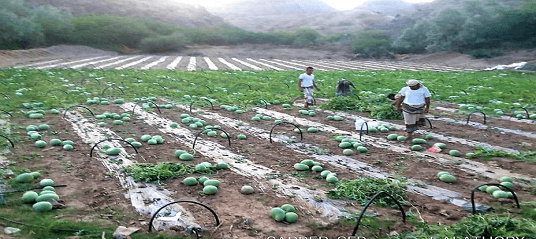
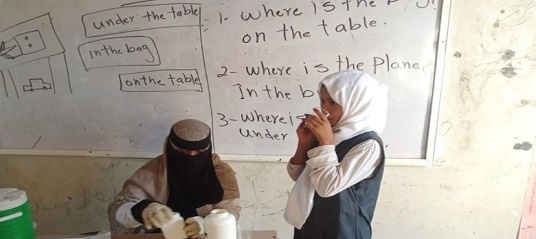
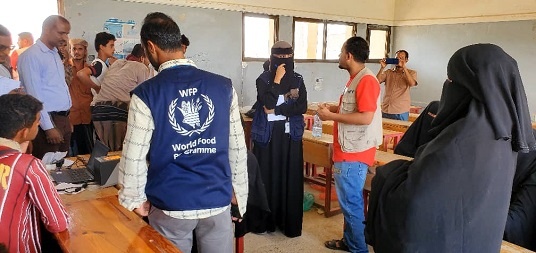
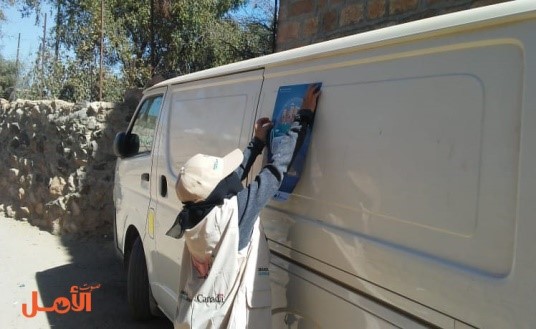
LEAVE A COMMENT